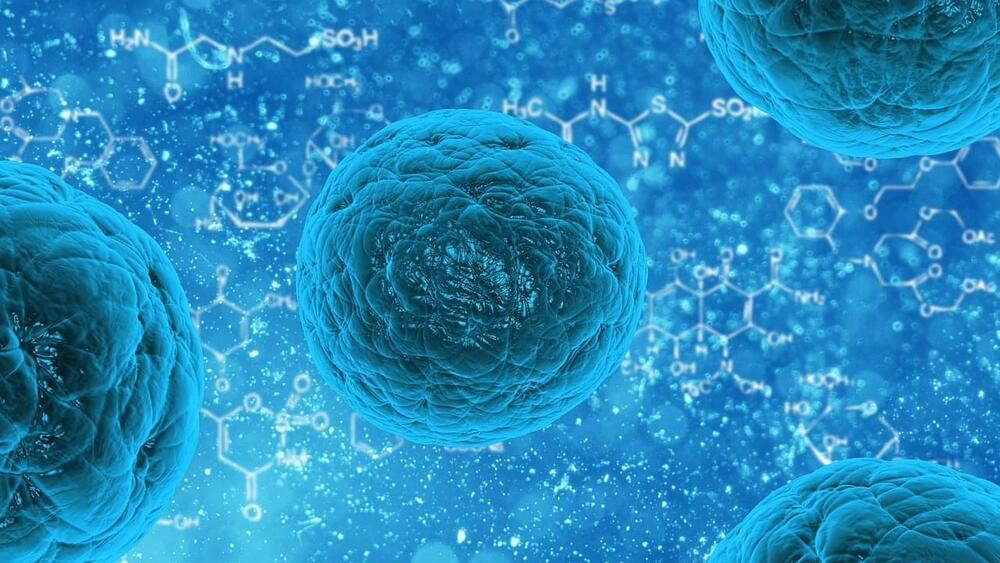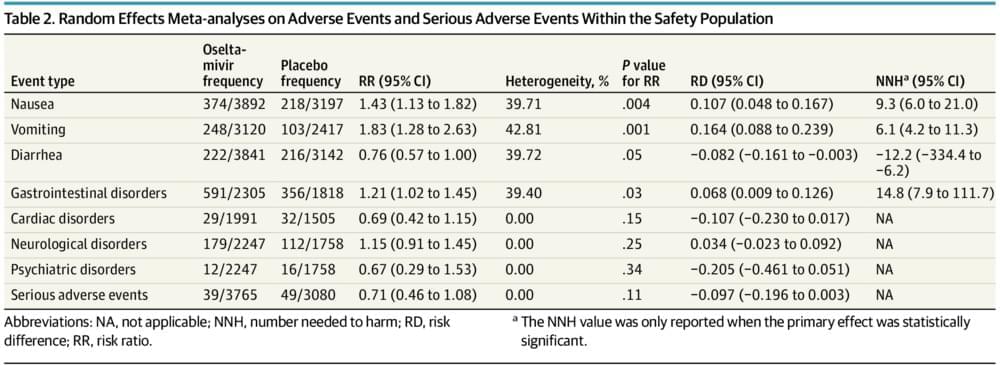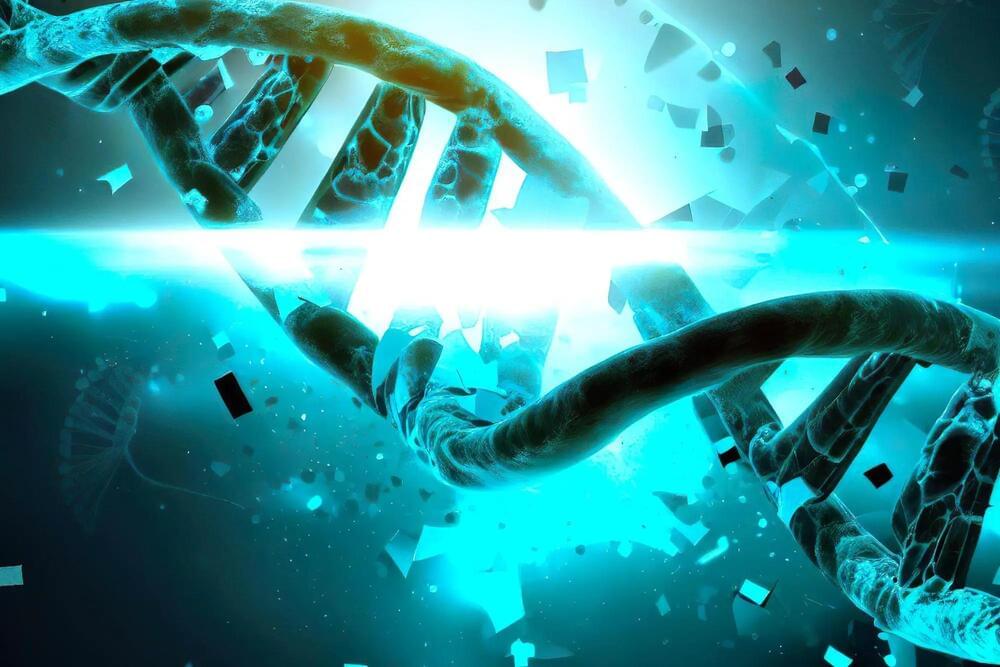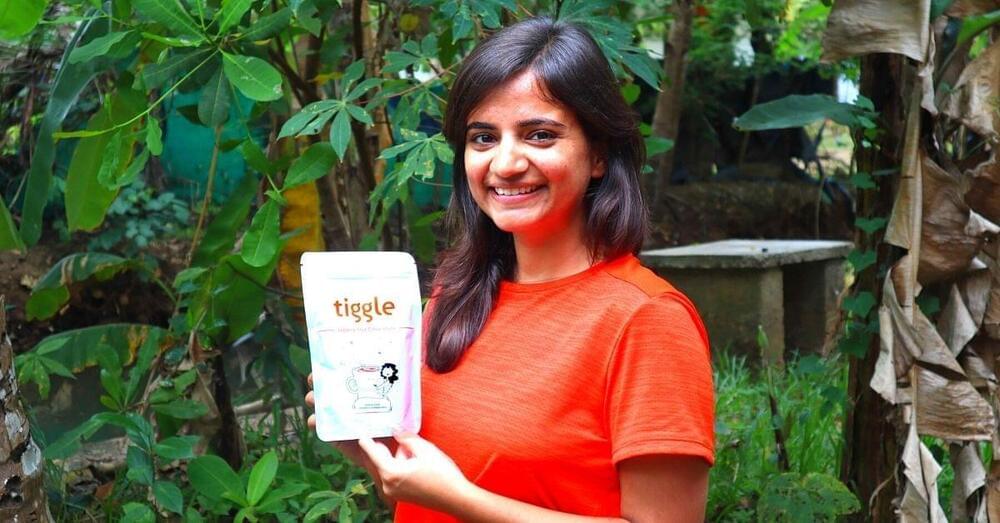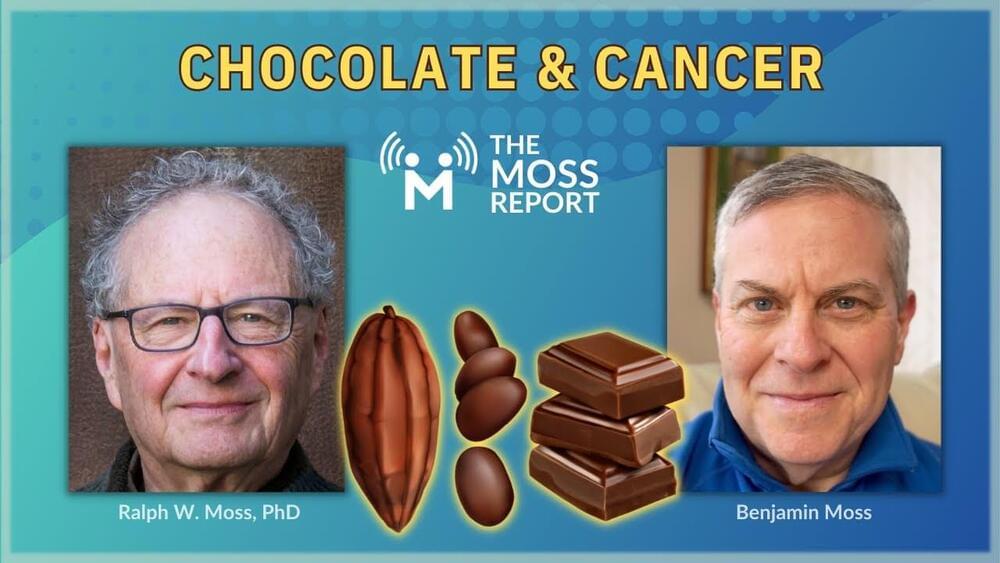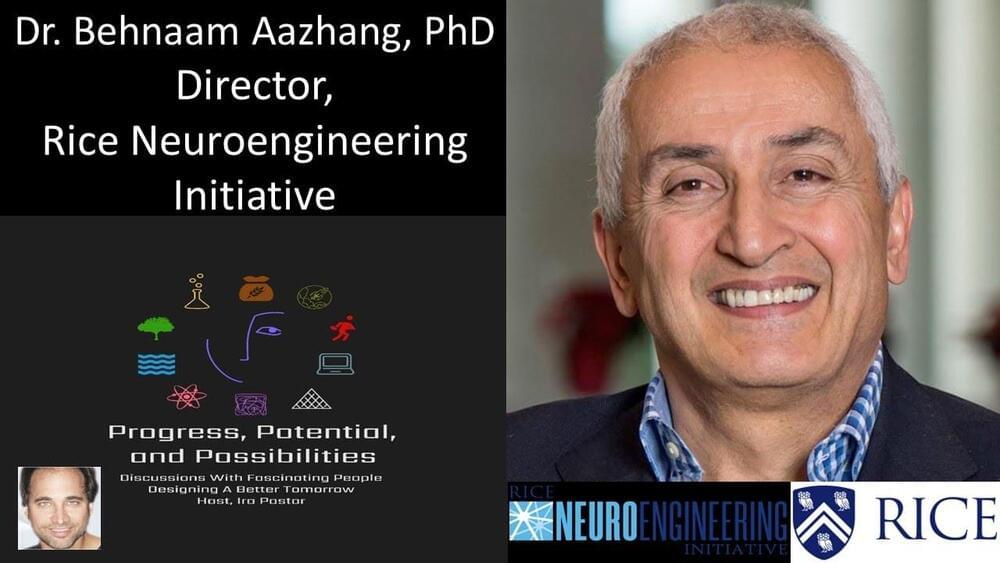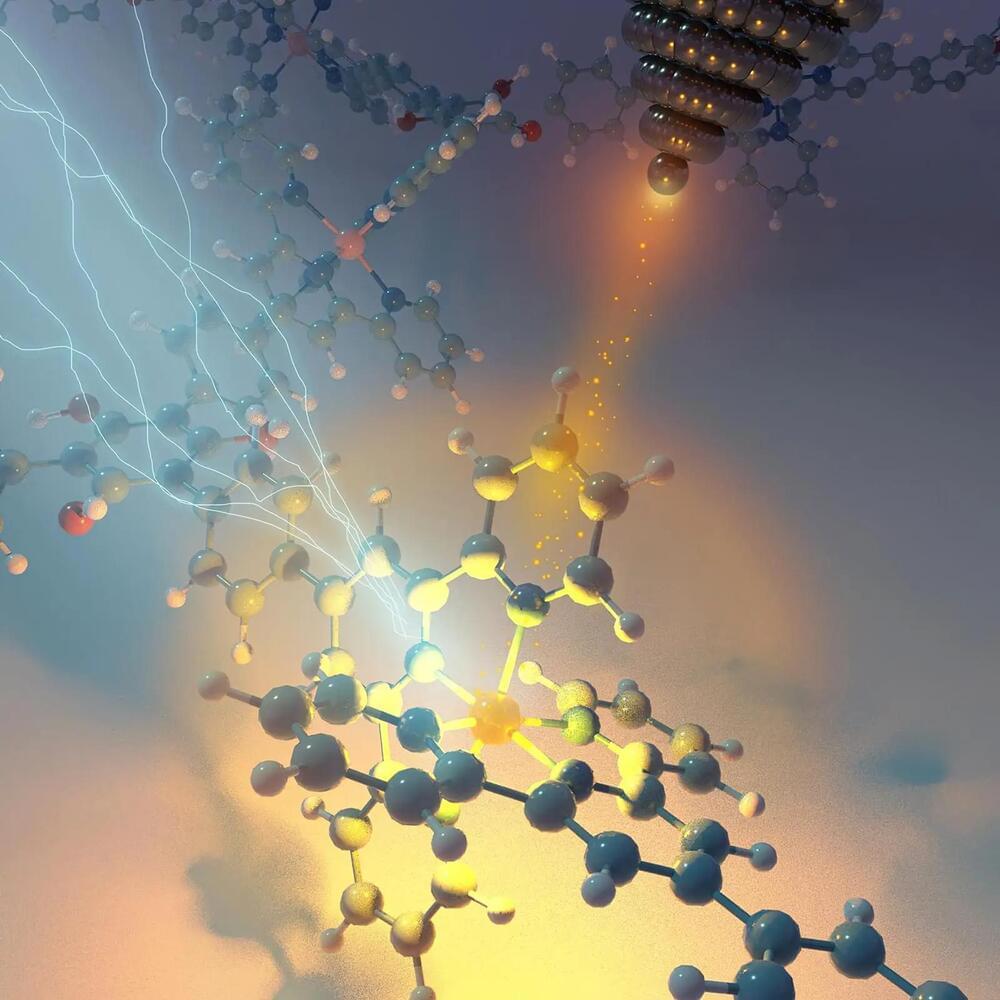Jul 7, 2023
New Bacterial Structure Helps Overcome Antibiotic Resistance
Posted by Shubham Ghosh Roy in category: biotech/medical
May people worry that infectious pathogens will become resistant to current first-line therapies like antibiotics. Bacteria and other infectious diseases evolve and change to meet the needs of their environment and overcome treatments like these. Cancer is a well-known case in which the tumor cells evolve and become resistant to immunotherapy and other targeted treatments. Cancer is a prime example, because it rapidly divides and the mechanism by which it progresses allows tumor cells to avoid or overcome therapies. However, bacterial diseases are also common infections that can rapidly evolve. The World Health Organization (WHO) has even warned against a time in which antibiotics will not work. If this were the case, minor illnesses such as the common cold, could become fatal. The worry of antibiotic resistance is partly the reason we get yearly vaccinations. The Center for Disease Control (CDC) best predicts which viral infections will persist in the following year. A multitude of data is included in this prediction including the following:
